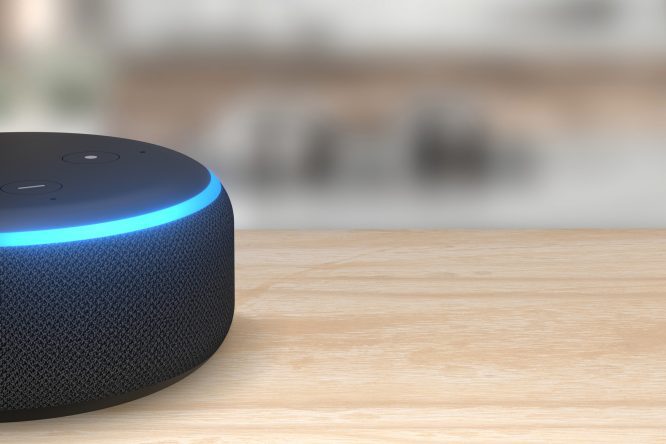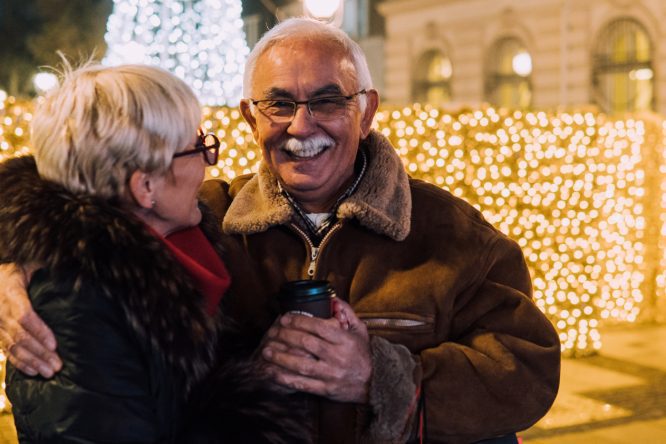Eaton Senior Communities is home to 164 residents and, occasionally, a socially assistive robot called Ryan, now being developed at the University of Denver. In a series of posts, I’m talking to people involved in this fascinating project and getting their perspectives on how this lifelike “companionbot” may transform the lives of seniors living with depression and dementia.
Today, I’m talking to Diana Delgado, executive vice president and chief operating officer of Eaton Senior Communities.
Wayne: How did the robot pilot study come about?
Diana: Back in 2014, we received an inquiry through our Contact Us page. It came from the assistant of Mohammad Mahoor, PhD, a professor of electrical and computer engineering at the University of Denver, reaching out to senior housing communities to see if any would be interested in a pilot project for companion robots for the elderly. We were the only senior living community that responded to his request, and in the beginning, Eaton was the sole pilot project site.
Wayne: Why do you think you were the only community to respond?
Diana: I know that, at most communities, we all get bombarded with spam emails. You tend to just hit the delete button. Our community is good at reading emails, and we thought, “Should we at least explore it a little?” When we heard more about it, we thought it was a very innovative idea and that our residents would be interested in it — and they are!
Wayne: What surprised you about the residents’ reaction to the project?
Diana: We didn’t expect people to bond with the robot, but they did. Our residents were not only excited to be part of creating this whole project, but they expressed that they missed the robot when it was removed. That just goes to show how open-minded people of any age can be when embracing new technology.
Wayne: Was Ryan the same for each resident?
Diane: No. What was nice is that the team customized the robot to the resident. Family pictures and favorite movies were uploaded that they could watch on a screen on the robot’s torso. One resident liked cooking shows, so they were included in her case. Ryan could give reminders to take medications, play games, make conversation; she was truly a companion. The residents could also name the robot whatever they wanted, and it was unisex, so they could make it a male or a female. One man named it after his wife, Annie. Another woman named hers “Isabelle.” One woman wanted it to be a man, whom she called “Jasper,” because she said women were too hard to live with. Each of them got to add little personal touches, like a scarf or a hat. They felt like the robot was a friend.
Wayne: How does Ryan help people with memory issues?
Diana: If residents have short-term memory issues and forget that they’ve said something, Ryan can remind them that they’ve already said that — it’s a way to propel the conversation forward so they don’t get fixated on that one question.
Wayne: How can Ryan help caregivers?
Diana: Ryan can give caregivers time to take care of their own needs. We’ve had one instance with a sister of a resident who felt that she could take an extra hour to do her errands and not feel so guilty because she’s seen the positive impact that Ryan has been making in her brother’s life.
Wayne: From your perspective, what was the value in having the robots at Eaton?
Diana: The team listened to what residents had to say and improved robot interactions based on that. Residents gave input about some of the facial expressions, the hair, the voice. They see real value in being heard and being listened to — they love that they’re contributing to the future of robotics.
Wayne: What qualities does a community need in order to take part in projects
like these?
Diana: It has to be able to embrace some innovative ideas. I guess I would say I attribute our participation to a culture of curiosity.
Stay tuned for more posts about Ryan, the companionbot.



